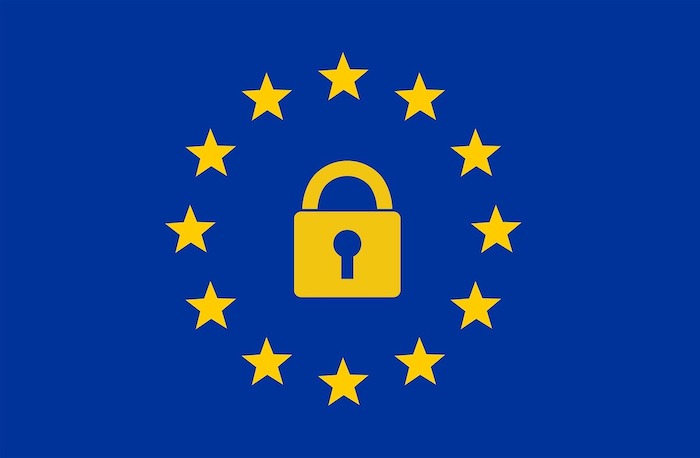- +352 444 222
- Monday-Friday 12:00-18:00
- 20, avenue Marie-Thérèse, 2132 Luxembourg


Kaufhold & Reveillaud, Avocats has identified the three most recurring questions asked by its clients in relation to the European Data Protection Regulation (EDPR). Answers below.
The appointment of a DPO is often optional. A simple data protection contact is sufficient. KR can help with this.
However, it is mandatory to appoint a DPO for :
The UK’s national data protection authority, the Information Commissioner’s Office or ICO, has reported that the GDPR has been in force since May 25, 2018 in the UK as in all EU member states.
So, for as long as the procedure for the United Kingdom’s exit from the European Union has not been completed, the United Kingdom remains a member state of the European Union.
The UK Data Protection Act 2018 (DPA 2018), which is currently supplementing and adapting the RGPD in the UK, will continue to apply.
The provisions of the GDPR will be incorporated directly into UK law if the UK leaves the EU without an agreement to apply alongside the DPA 2018.
Finally, it’s worth noting that the ICO has already made it clear that a high level of personal data protection will be maintained in the UK in the post-Brexit phase. Indeed, the UK government intends to incorporate the RGPD into the 2018 DPA at the time of Brexit. So, in practice, there will be little change to the fundamental data protection principles, rights and obligations contained in the RGPD.
No.
According to the GDPR, the consent of the person whose personal data is processed is not required if the data is collected:
If the processing does not meet one of the above conditions, the data subject’s consent is required.
The GDPR team at Kaufhold & Reveillaud, Avocats will be happy to answer any questions you may have on the subject.
Dear users, on 15/06/2022 Internet Explorer will be retiring. To avoid any malfunctioning, we invite you to install another browser, such as Google Chrome, by clicking here, or the one of your choice.
Please check this before contacting us in the event of a problem.
